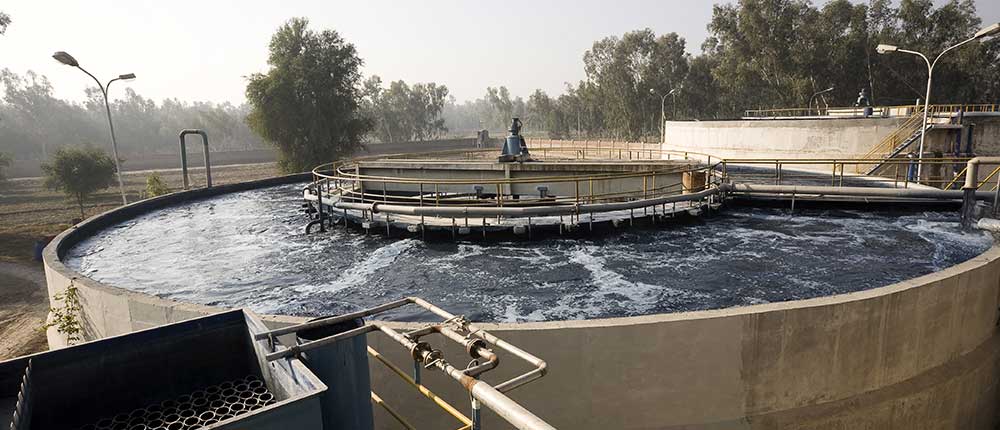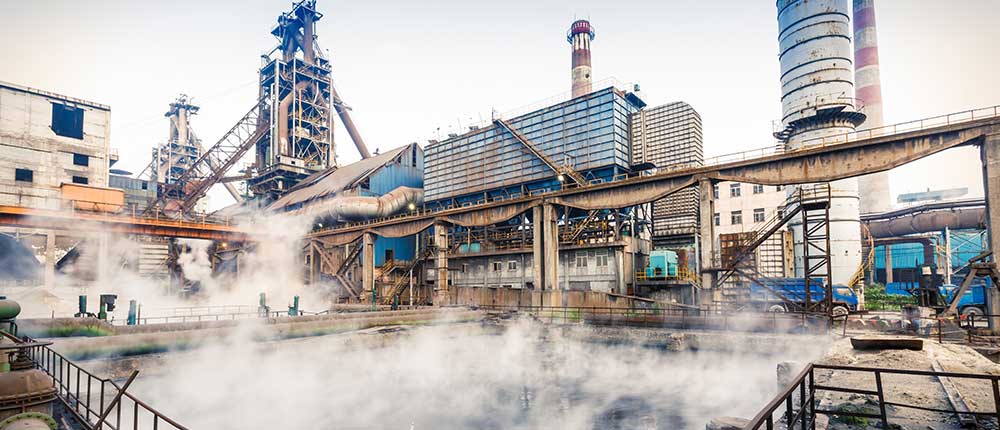 The prospective water availability scenario is set to be the greatest challenge of the 21st century amongst all the users or sectors due to continued rising and competing demand, inefficient use, pollution, and added risks due to climate change. With its continuously declining per capita water availability (from about 5,177 m3 in 1951 to 1,545 m3 in 2011), India stands 'water stressed' and is close to being categorized 'water scarce'.
The prospective water availability scenario is set to be the greatest challenge of the 21st century amongst all the users or sectors due to continued rising and competing demand, inefficient use, pollution, and added risks due to climate change. With its continuously declining per capita water availability (from about 5,177 m3 in 1951 to 1,545 m3 in 2011), India stands 'water stressed' and is close to being categorized 'water scarce'.
Despite an increasing and competing demand amongst various sectors, the water use in different sectors in India remains inefficient. Agriculture sector that consumes more than 80 percent of India's water resources has a very low overall average water use efficiency (about 38 percent). Likewise, water supply and distribution in cities in India are inefficient with high leakages/losses. Compared to international standards, Indian industries consume a relatively higher amount of water for production.

It is essential that the roadmap of growth and development in India encompass the strategies to address the water scarcity involving interventions like water demand management, enhancing water use efficiency, water conservation, recycle and reuse, etc. The Government of India in its National Water Mission (NWM) has proposed to develop a framework for optimizing water use efficiency by 20%. This would be possible by various sectors including industrial sector focusing on optimization and improvement of their water use efficiency.
Industries have a major role to play in not only transforming their own policies and operations to enhance water use efficiency but also pivoting their role in reducing the growing stress on the water resources in the regional context, as well as their own value chains. In meeting this challenge, there is an opportunity to increase efficiency and productivity in a sustainable way. The key areas of interventions where Indian industries can play a major role include undertaking water conservation and efficiency improvement interventions within the industry and its entire value chain. These include an integrated industrial water management strategy which optimizes efficient use of water in the plant processes, increases water productivity, reduces losses, and promotes water conservation interventions.
The process of improvement in industrial water use efficiency not only requires various industrial sectors, specially water-intensive industries (such as Thermal Power Plants, Textile, heavy engineering, pulp & paper, steel etc.), to reduce their specific water consumption but also needs sharing of knowledge and best practices amongst them to assist the process of enhancing water use efficiency in other Industries. The process also needs to be facilitated and implemented with clear guidelines and identified benchmarks that would serve as a roadmap for the industries in attaining the goal of improving water use efficiency.
There is a significant need for identifying and establishing industrial water use benchmarks in India in order to assist the industries in improving industrial water productivity as well as assist the regulatory agencies in implementing the policy objectives with defined guidelines for water use efficiency. Therefore, this study of 'Benchmarking Industrial Water Use to assist policy for enhancing Industrial Water Use Efficiency in India' was undertaken by TERI.
 The Energy and Resources Institute (TERI), New Delhi has undertaken a study on 'Benchmarking Industrial Water Use to assist policy for enhancing Industrial Water Use Efficiency in India' with support from the National Water Mission (NWM). Under this initiative, TERI is conducting extensive surveys and water use assessment for few selected water-intensive industries in India viz. Thermal Power Plants, Textiles, Pulp & Paper and Steel industries. The study is expected to develop a database and evolve water use benchmarking for industries in India that shall not only help industries in improving their water use efficiency but also assist the policy makers in achieving the goal of enhancing water use efficiency and water conservation.
The Energy and Resources Institute (TERI), New Delhi has undertaken a study on 'Benchmarking Industrial Water Use to assist policy for enhancing Industrial Water Use Efficiency in India' with support from the National Water Mission (NWM). Under this initiative, TERI is conducting extensive surveys and water use assessment for few selected water-intensive industries in India viz. Thermal Power Plants, Textiles, Pulp & Paper and Steel industries. The study is expected to develop a database and evolve water use benchmarking for industries in India that shall not only help industries in improving their water use efficiency but also assist the policy makers in achieving the goal of enhancing water use efficiency and water conservation.
The key objective of the study is to undertake comprehensive study of selected water-intensive industrial sectors (viz. Thermal Power plants, Textile, Pulp & Paper and Steel Industry) in India and to conduct water audits of few selected industries in order to evaluate water use and management practices and identify interventions for improved water use efficiencies with potential benchmarks and relevant policy recommendations.
The approach and methodology of the study broadly involves assessment of water use, water audits as well as policy recommendations, and shall consist of the following key activities:
- Scoping exercise and preliminary baseline assessment includes desk review and scoping exercise for selection & finalization of water-intensive industries in different production capacities (size) of proposed four industrial sectors viz. Thermal power plants, Textiles, Pulp & paper and Steel industry. Further, a collection of available secondary data in the selected (four) industrial sectors including questionnaire-based information from industries of identified production capacity categories. And lastly, review of collected secondary data and preliminary baseline assessment on water use for selected industries.
- Comprehensive water audit and assessment of selected water-intensive industries involves conducting water audit for selected plants under each selected industrial sectors (viz. Thermal Power Plants, Textile, Pulp & Paper and Steel industry). This shall be followed by data analysis and assessment of water use along with identification of key interventions in each of the selected industrial sectors. Cost-benefit/ economic value creation evaluation of selected interventions shall also be undertaken.
- Benchmarking and policy recommendations comprise of identification of preliminary potential water use benchmarks for selected water-intensive industries and policy interventions and recommendations for enhancing industrial water use efficiency and developing preliminary guidelines.
- Stakeholder consultation & Outreach workshop consists of conduction of stakeholder consultation(s) for inputs during the course of the study as well as an outreach & dissemination workshop/conference for sharing the study outcomes involving the relevant stakeholders from industries and government agencies.
Expected Outcomes
- Identification of specific water conservation interventions on reducing water consumption, along with potential water use benchmarks to facilitate improved water use efficiency and water productivity of selected water-intensive industrial sectors.
- Development of policy recommendations and a policy brief to facilitate necessary policy and regulatory reforms for improving industrial water use efficiency in India.
- Support to the goal of the National Water Mission on enhancing water use efficiency and promoting water conservation through identified guidelines and interventions for the selected industrial sectors.

